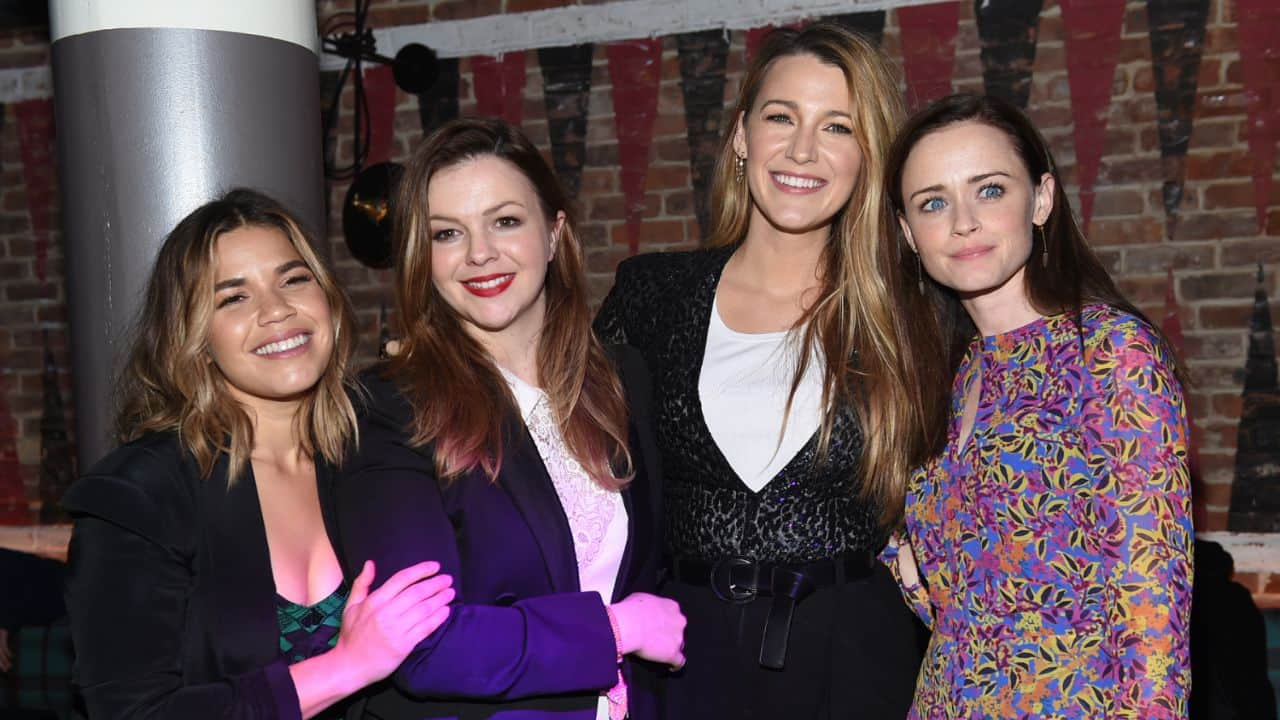 |
|
The entertainment industry is currently grappling with a high-profile controversy involving actress Blake Lively and director Justin Baldoni. Lively, known for her role in The Sisterhood of the Traveling Pants and recently starring in the film adaptation of Colleen Hoover's It Ends With Us, has filed a formal complaint accusing Baldoni and Wayfarer Studios of orchestrating a deliberate and extensive campaign to damage her reputation. This accusation follows Lively and her husband, Ryan Reynolds, raising concerns about alleged repeated sexual harassment and other disturbing behavior on the set of It Ends With Us by Baldoni and a producer. The complaint details a purported 'multi-tiered plan' to undermine Lively's credibility, encompassing the planting of negative stories on online forums, the manipulation of social media narratives, and the strategic placement of unfavorable news articles. The allegations paint a disturbing picture of a systematic effort to silence Lively after she advocated for a safer working environment.
A crucial element of Lively's complaint centers on the alleged misuse of content related to domestic violence survivors. Lively asserts that Baldoni strategically diverted from the film's marketing plan, leveraging narratives surrounding domestic violence to deflect attention from the allegations against him and bolster his own public image. This tactic, according to the complaint, constitutes a cynical and manipulative exploitation of sensitive subject matter to protect his reputation at the expense of a fellow actor's well-being and professional standing. This aspect of the case highlights a disturbing trend within the industry – the silencing of those who speak out against abuse by leveraging emotionally charged issues.
Adding weight to Lively's accusations is the public show of support from her Sisterhood of the Traveling Pants co-stars, America Ferrera, Amber Tamblyn, and Alexis Bledel. In a powerful joint statement on their respective Instagram accounts, the trio voiced their unwavering solidarity with Lively, emphasizing their long-standing friendship and condemning the alleged attempt to destroy her reputation. This collective support underscores the gravity of the situation and lends significant credibility to Lively’s claims. It also brings into focus the potential systemic issues within the industry where such alleged retaliatory actions can be taken against those who speak up against abuse.
Baldoni and Wayfarer Studios have vehemently denied all allegations through their legal representation. Their attorney has characterized the accusations as 'completely false, outrageous, and intentionally salacious.' The defense counters that the studio hired a crisis manager in response to demands and threats made by Lively during production. These counter-allegations include claims that Lively threatened to withdraw from promotional activities and even refuse to appear on set unless her specific demands were met. These demands, as outlined in Lively's complaint, encompassed various stipulations aimed at ensuring her safety and comfort on set, including prohibitions against explicit content, inappropriate comments, and the mandatory presence of an intimacy coordinator during scenes with Baldoni.
The conflict between Lively's accusations and Baldoni's denial creates a stark dichotomy, leaving the public to await further developments in the legal proceedings. The film It Ends With Us, despite the behind-the-scenes turmoil, enjoyed a successful box office debut, grossing $50 million. However, the controversy surrounding the production has overshadowed its commercial success, raising crucial questions about power dynamics, accountability, and the treatment of actors within the entertainment industry. The outcome of this case will likely have significant implications, potentially influencing industry practices and policies regarding workplace safety and accountability for allegations of sexual harassment and other forms of misconduct. The case serves as a stark reminder of the challenges faced by those who speak out against powerful figures in the industry, even when armed with resources and a strong public image. The narrative extends beyond the specific individuals involved, representing a larger conversation about the systematic issues within Hollywood and the broader entertainment industry that need to be addressed to foster a more just and equitable environment for all.
The case also highlights the complex interplay between public image and legal action. While both sides present their versions of events, the strategic use of public relations and media manipulation underscores the high stakes involved in such high-profile controversies. The involvement of social media adds another layer of complexity, demonstrating the potential for online platforms to be weaponized in reputational battles. This case serves as a cautionary tale regarding the far-reaching consequences of allegations of this nature and the importance of thorough investigations into such serious claims. The long-term impact on the careers and reputations of all individuals involved remains uncertain, highlighting the significant risks associated with such public disagreements within the industry. Ultimately, the legal process will determine the veracity of the claims, but the conversation sparked by this controversy is already having a profound impact on the ongoing discussions surrounding workplace safety, accountability, and the treatment of actors within the entertainment industry.
